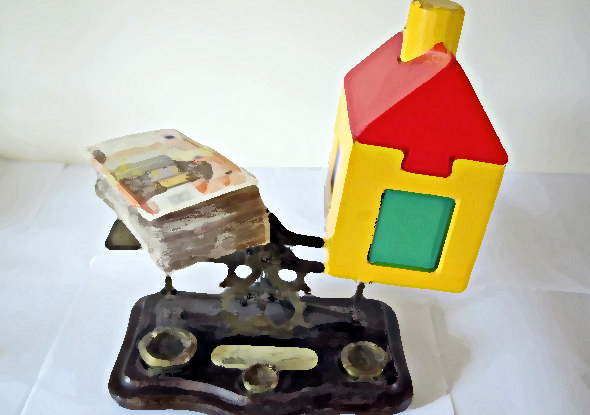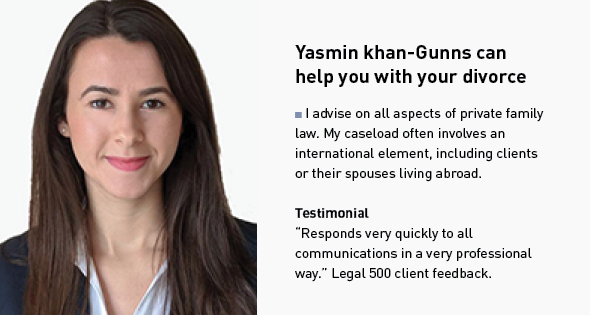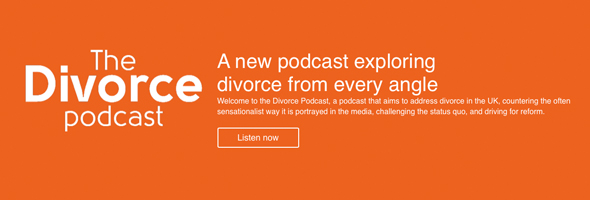How Are Finances Divided On Divorce?

- This blog contains affiliate links, which we may receive a commission for purchases. The decision is yours, whether or not you decide to buy.
Sorting out finances on divorce is often and understandably one of the main concerns for separating parties. Unfortunately, there is no standard formula for calculating an appropriate financial division. There is no hard and fast rule.
The importance of full, frank and clear disclosure
Firstly, you and your spouse should provide each other with full, frank and clear financial disclosure. If you have commenced financial proceedings, you will need to exchange financial disclosure on a form called Form E. You will then get the opportunity to raise questions about each other’s disclosure in a document known as a Questionnaire.
Once you and your spouse have exchanged questionnaires, you will both need to respond to the questions raised by the other and gather any requested documents. It may also be necessary for you to instruct an expert or experts to assist, for example, to value a property, a business, a pension, an item of jewellery or other assets.
If you have not commenced financial proceedings, and you and your spouse are instead dealing with finances on divorce between yourselves, through solicitor negotiation, through mediation or through a combination of any of these, it is still advisable that you follow this procedure, albeit on a voluntary basis.
Once you and your spouse have a clear picture of the other party's financial circumstances, you will then be in a good position to start negotiating a financial settlement.
If you have commenced financial proceedings and you and your spouse cannot reach an agreement on how finances on divorce should be dealt with, then a judge at a Final Hearing will decide what financial settlement to impose on you.
A judge has the power to make any or all of the following types of orders:
- An order for the sale of a property, transfer of a property or putting a property into a trust;
- An order for one party to pay the other party a lump sum or a series of lump sums, whether whole or in instalment
- An order for one party to pay the other party maintenance;
- An order for one party to pay the other party money for the benefit of a child for educational expenses; In making an order to decide on how finances will be dealt with on divorce, a judge must consider all of the circumstances of the case, with first consideration being given to the welfare of any minor child or children of the family.
- A judge must then consider a range of specific statutory factors contained within the Matrimonial Causes Act 1973, often referred to as the ‘section 25 factors’. In summary, these are: the income, earning capacity, property and other financial resources which each of the parties has or is likely to have in the foreseeable future;
- The financial needs, obligations and responsibilities which each of the parties has or is likely to have in the foreseeable future;
- The standard of living enjoyed by the family before the breakdown of the marriage;
- The age of each party to the marriage and the duration of the marriage;
- Any physical or mental disability of either of the parties to the marriage;
- The contributions which each of the parties has made or is likely in the foreseeable future to make to the welfare of the family, including any contribution by looking after the home or caring for the family; and • the conduct of each of the parties, if that conduct is such that it would in the opinion of the court be inequitable to disregard it.
How judges calculate an appropriate financial settlement in divorce cases
Upon considering all of the above and the principles of needs, sharing and compensation established in case law, a judge will calculate an appropriate financial settlement. A judge will then cross-check this settlement against the principle of ‘fairness’, which is the court’s overarching objective. But what does ‘fairness’ mean?
Well, rather unhelpfully there is no set definition, and even more unhelpfully it has been described by a judge in two important family law cases as an ‘elusive concept’ and that ‘fairness, like beauty, lies in the eye of the beholder.’
It is therefore very difficult to predict at the outset how finance on divorce will be divided. Judges have a wide band of judicial discretion and different judges can reach a range of possible solutions.
What if you reach an agreement before the court does?
Alternatively, if prior to the Final Hearing you and your spouse manage to reach an agreement on how finances should be dealt with, the terms of that agreement will need to be drawn up in a legally binding document known as a Consent Order.
You and your spouse and your legal advisors will sign this document and send it to the court to be approved by a judge, along with a Statement of Information which is essentially an abbreviated Form E providing a snapshot of your financial situation.
A judge will consider the agreement reached and will assess whether it is fair. If a judge considers that the agreement is fair, he or she will approve the order when it will then become final and binding.
What if you’ve not commenced court proceedings but still need to divide finances on divorce?
If you have not commenced financial proceedings and you and your spouse manage to reach an agreement between yourselves, then as above, the terms of that agreement will be drawn up in a Consent Order and sent to a judge with a Statement of Information. Once the order is approved, it will become final and binding.
Dealing with finances on divorce is a complicated area of law, where legislation, case law, discretion and common sense all come into play. Seeking expert, independent legal advice at the earliest opportunity is crucial.
This article was wriiten by Yasmin Khan-Gunns | @londonfamilysolicitor Family Solicitor BLM, London
Disclaimer: This document does not present a complete or comprehensive statement of the law, nor does it constitute legal advice. It is intended only to highlight issues that may be of interest. Specialist legal advice should always be sought in any particular case.
PHOTO CREDIT: GRANIT ARCHITECTS
You may also like
Books
Buy now from Amazon
- The Power of Positive Energy
- Manifest: The Sunday Times bestseller that will change your life
- Parenting Apart
Podcast
Kate Daly is co-founder of amicable and host of the The Divorce Podcast. Kate created The Divorce Podcast to discuss and demystify divorce, separation and co-parenting in the UK. In each episode, Kate is joined by experts in their field to explore divorce and separation from every angle.
Articles
- Divorce Mediation Explained
- 7 Things You Should Think About Before Filing For Divorce
- Is Online Mediation Right For You?
Videos
Practical advice and tips from professionals on what to do with issues and challenges around divorce from parenting to finance.
Events
Practical tips & advice designed to help people going through divorce, whether online or in person.
Useful links
Here's a selection of organistaioins from parenting to finance to help you with your divorce.



.jpg)
.jpg)



.jpg)






